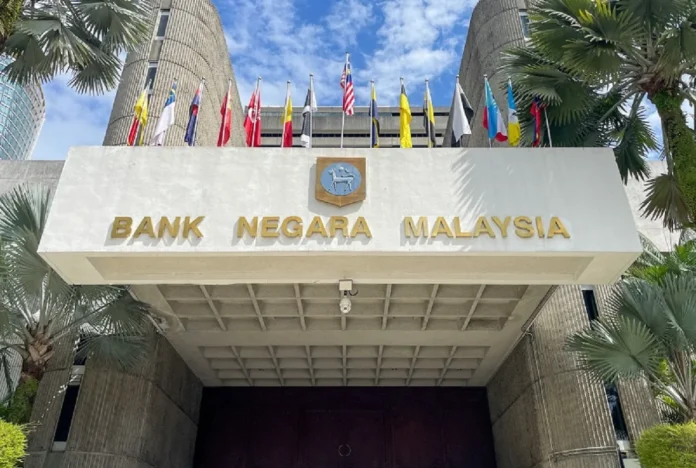KUALA LUMPUR: Bank Negara Malaysia has clarified that its close consultation and agreement with the US Treasury reflect existing practices.
The central bank emphasised these arrangements do not affect its ability to independently formulate monetary policy or safeguard ringgit stability.
BNM noted that similar commitments have been made by other major US trading partners including Thailand, Japan, South Korea, and Switzerland.
The central bank explained it has routinely shared foreign exchange intervention data bilaterally with the US Treasury on a semi-annual basis.
BNM stated this bilateral cooperation has helped ensure Malaysia is not grouped with countries perceived as having non-transparent foreign exchange policies.
The central bank confirmed such disclosure does not contain sensitive data or impede its ability to manage excessive currency volatility.
BNM emphasised its ability to conduct foreign exchange intervention as a policy tool remains consistent with these commitments.
This capability is expressly acknowledged in the agreement with the US Treasury according to the central bank.
BNM’s monetary policy is formulated and implemented independently under the Central Bank of Malaysia Act 2009.
The central bank’s monetary policy objective is maintaining price stability conducive to economic growth.
The overnight policy rate serves as the primary monetary policy tool for achieving this objective.
BNM clarified that the ringgit exchange rate is not a monetary policy objective for the institution.
The central bank maintains a long-standing stance against using the ringgit to boost trade competitiveness.
The Monetary Policy Committee considers exchange rate developments only when they influence domestic inflation and growth outlook.
BNM and the US Treasury recently agreed to continue close consultations on macroeconomic and foreign exchange matters.
Both parties reaffirmed their commitment under International Monetary Fund Articles of Agreement to avoid exchange rate manipulation.
They specifically committed to avoiding unfair competitive advantage through currency practices.
The agreement also prevents actions that would hinder effective balance of payments adjustment.
This cooperation framework supports Malaysia’s continued integration into the global financial system. – Bernama











